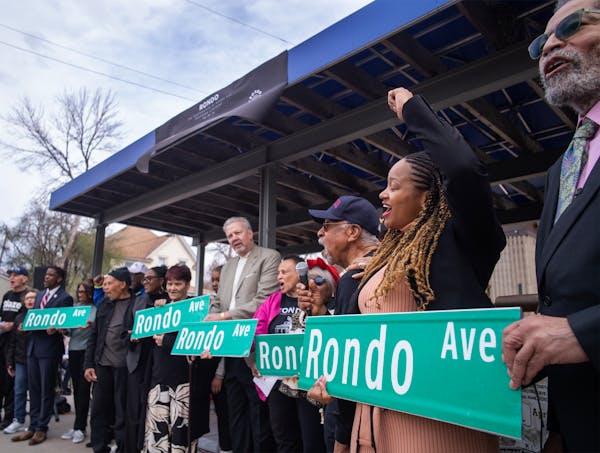It was always hard to be old in Haiti, but after the earthquake, to be old and poor feels like a curse, say those who are both.
"We struggle to maintain a little dignity, but look at us," said Lauranise Gedeon, who sat, embarrassed, in soiled sheets in the ruins of a municipal nursing home here in the capital.
Residents were bathed outdoors with a bucket, trying to cover their nakedness. They spent the long, hot afternoons in hospital beds lined up side by side, six to a tent, fanning themselves with pieces of cardboard. They begged for water to drink.
"No water today. We are waiting. We are waiting for medicines, for the doctors, for God to help us," said nurse Yolette Frangois. "I am serious. These old people have a lot of troubles."
Her patients, about 80 men and women, were scooping rice and beans from dented metal bowls. Asked what they need most, one resident said, "Something for the flies." Another complained that her spoon had been stolen and held up her fingers, sticky with food. "Look!"
The nurse whispered, "We have run out of diapers for them."
In Haitian Creole, the old are called gran moun, and they are relatively few. Those 65 and older make up just 3.4 percent of Haiti's population, because to attain such seniority in a nation beset by high infant mortality, curable diseases, AIDS and poverty is an accomplishment.
But in the weeks after the catastrophic Jan. 12 earthquake, the elderly appear to be forgotten.
"They are invisible, and we need to do more to help," said Ronald Blain, a Haitian government official working for the U.N. Human Settlements Program. "Because they are desperate."
Last week, a working group of U.N. experts has been created to look into the situation of Haitians with disabilities, especially the elderly, who have been disproportionately affected by the disaster.
In a statement, the chairman of the U.N. committee, Mohammed al-Tarawneh, said that, "while relief workers are struggling to provide aid to the people of Haiti and while the situation remains difficult for everyone, persons with disabilities are particularly affected by the crisis," especially those whose caregivers were killed or injured.
Most elderly Haitians live with family or caretakers who are paid a few dollars a day by relatives in Miami or New York or Montreal.
Before the earthquake, the city-run nursing home was not too bad; there were men's and women's wings, and an administration building and a wall that protected a garden. The women's unit was destroyed, and four patients died on that day, and three more later. In the days right after the disaster, the residents slept on the ground, surrounded by rats. Now they sleep five or six to a tent, among clouds of mosquitoes. A few elderly women have moved back into the hallways of the men's unit, which is still standing, but the edges of the darkened hallways are filthy, littered with excrement and used condoms.
After the earthquake, with no security to stop them, refugees swarmed into the garden compound, where they have set up a rough camp of several hundred people. The elderly have some protections, but not many.
"The walls fell down, so people come and go as they like," said Nickson Plantin, one of the security guards. "It is my personal opinion that if you want to give one of these old people something, you put it in their hand -- and don't give too much."
